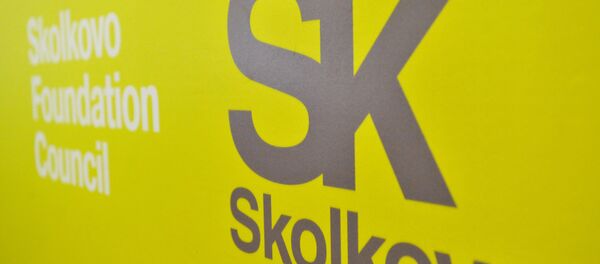Sergei Plugotarenko, head of the Russian Association for Electronic Communications, told RIA Novosti that this initiative sparked heated discussions and agitation within Russian IT and software development circles.
"It’s a little bit unclear at this point quite how it (the foundation) will help facilitate Russian companies’ entry into global market," he remarked.
The Russian e-commerce market primarily relies on domestically-manufactured software; and according to Plugotarenko, the Yandex search engine, Kaspersky Lab cybersecurity provider, Vkontakte social network and Ozon.ru online retailer are all fine examples of the fact that Russian software developers have considerable potential.
In 2016, Russian IT exports, which previously were virtually nonexistent, reached $7 billion, and are expected to increase to $10 billion by the end of 2017.
Currently the most popular Russian IT products on the global market are information security tools, like cryptography, data protection and malware detection software.
There were also some notable successes in the entertainment sphere, like the Prism photo-editing app that tool the social media world by storm in 2016.
But while Russian software developers definitely have a lot to offer, many of them still need to learn to make their products attractive to foreign buyers.
"We need to identify the potentially successful developers – not just startups but established IT companies – and help them make a move outside, to participate in international events and conferences," RAEC representative said.
Plutogarenko also pointed to China’s example, arguing that while Beijing does employ digital restrictive measures for security purposes, it does not isolate the country from the global IT market. Furthermore, Chinese IT companies are aimed at conquering the global market basically from the moment they’re created, and the government seeks to aid them in this endeavor.
And unless Russian IT companies start making inroads into foreign markets, in two to three years’ time foreign companies may end up conquering the Russian market instead, he warned.



